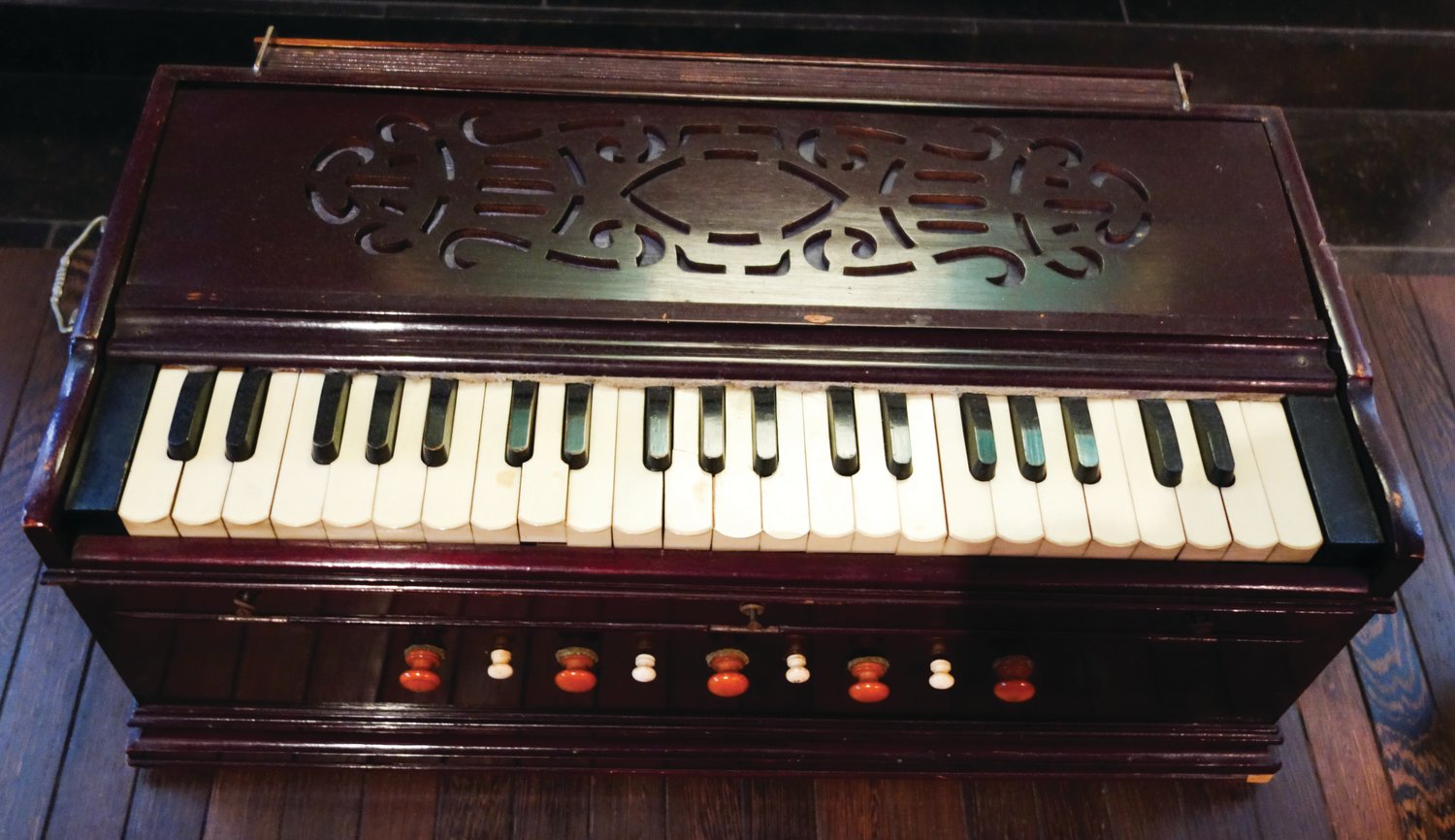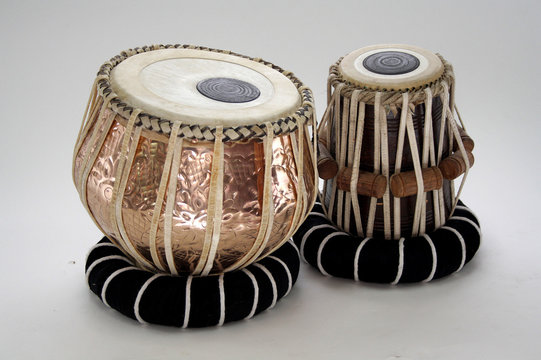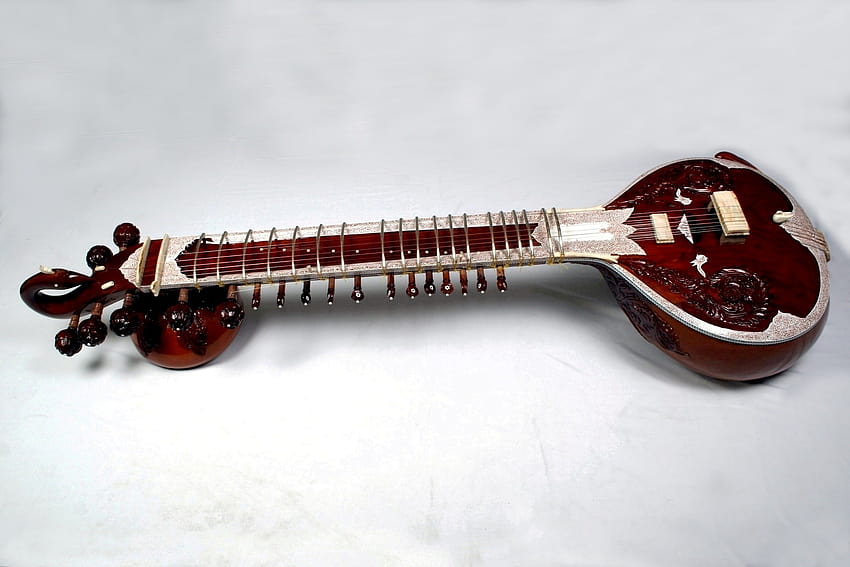.jpeg)
Saraswati Ved Sagar Gurukul is affiliated to Bhatkhande Vidyapeeth, Lucknow. Swarmani Sangeetacharya Pt. Banwari Lal Ji Sharma is giving services to the students. Various Artists are invited from Mumbai and Delhi. Various Workshops are conducted on regular basis by the Gurukul.
In Vocal gurukul is providing training of Pure Classical Khayal Gayan, Pad Gaysn, Mahavani Gayan, Thumri Gayan, Haveli Sangeet etc. In Instrumental gurukul is providing training of Tabla, Pakahwaj, Harmonium, Sitar, Flute, Dholak etc. etc. In Dance gurukul is providing training of Kathak.
Dance
Instrument - Classical
Vocal - Classical
Workshop
Skilled Instructors
Online Classes
Indian classical music is a traditional and highly intricate form of music that has its roots in ancient Indian scriptures and cultural traditions. It is divided into two major traditions: Hindustani classical music and Carnatic classical music.
1. Hindustani Classical Music:
2. Carnatic Classical Music:
Common Features of Indian Classical Music:
Guru-Shishya Parampara: The tradition of learning is often passed down from a Guru (teacher) to a Shishya (disciple) in a one-on-one learning environment.

.jpg)

